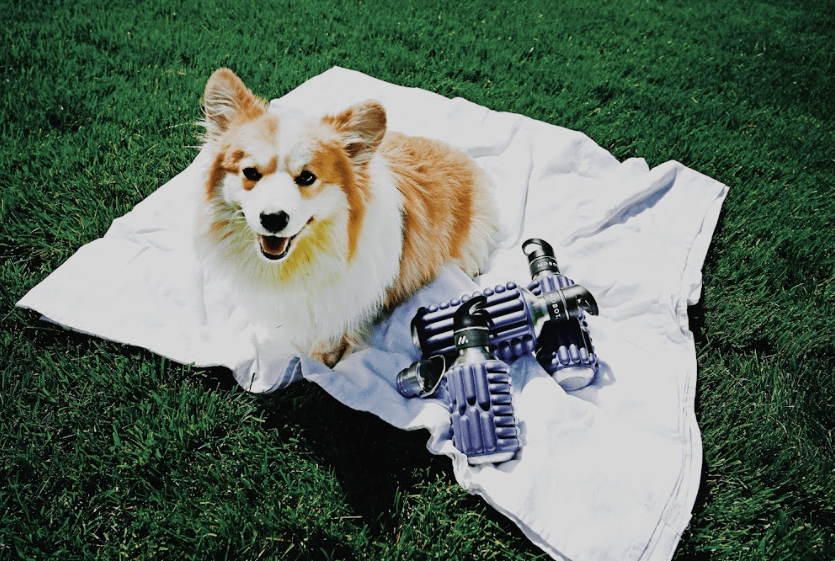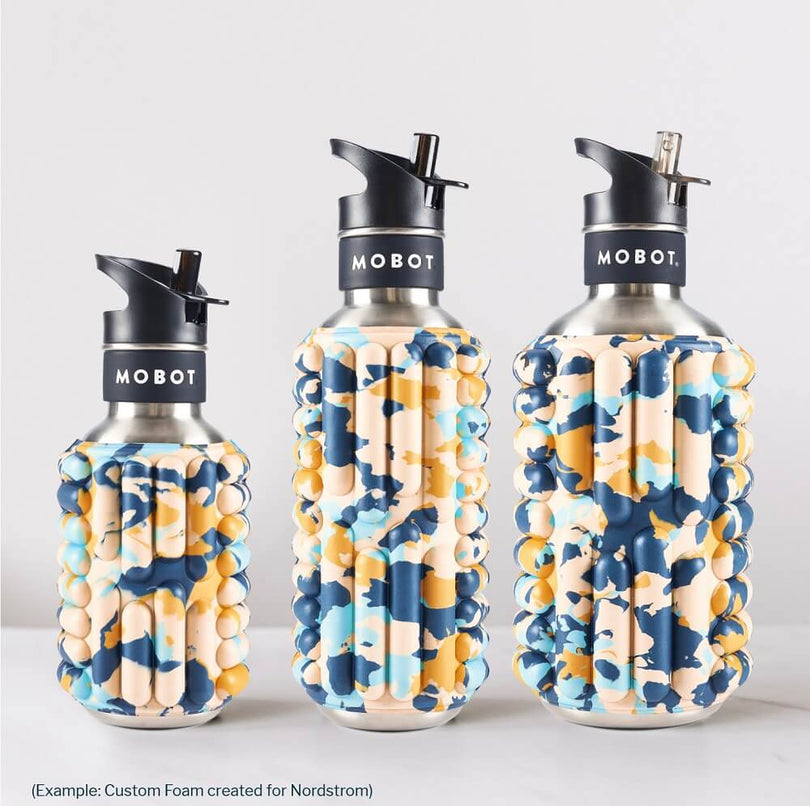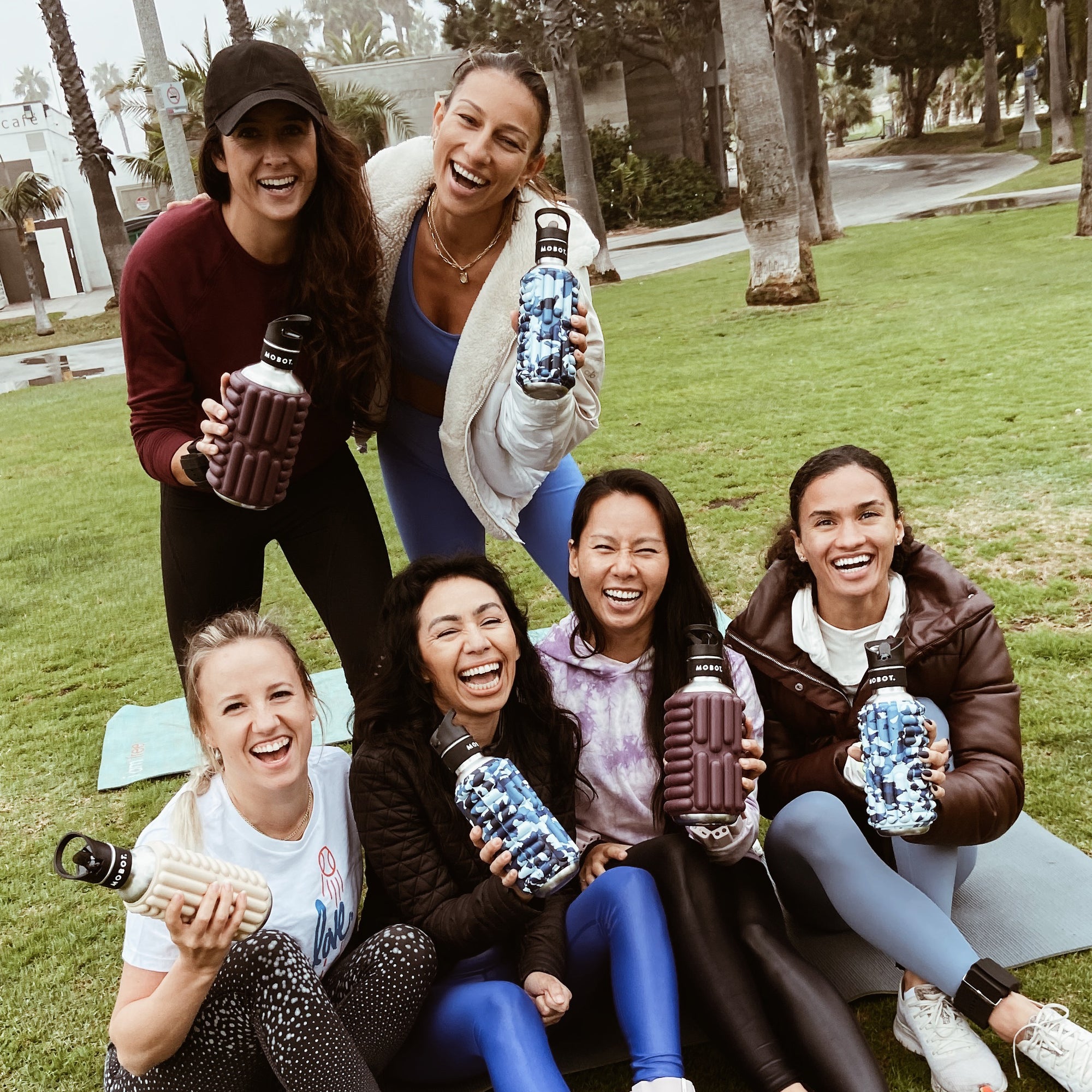Sneakier, though, is cold-weather dehydration.
3 Factors That Can Contribute to Dehydration in the Winter
There are several frigid factors that can prompt a parched status:
1. Indoor Heat Is a Sneaky Source of Dehydration
All the heat pumped into your office or home keeps the building warm, but “indoor air is really dry,” says Antonucci. This is counter to summertime humidity, which leaves you sticky from all the moisture in the air. Spending time inside working, sleeping, and hanging out keeps you exposed to this dry heat for much of your day, and you can lose fluids and become dehydrated. (Hence why right now you’re constantly grabbing for moisturizer to slather on cracked skin, she says.)
3. You’re Not Carrying Around Water Anymore
When it’s warm, you’re always within reaching distance of a water bottle. In the cold, you’re not as thirsty and perhaps feeling chilly, and it can feel less desirable to carry a water bottle with you, says Antonucci.
As for how much you should aim to drink, the National Academies of Sciences, Engineering, and Medicine recommends that men consume approximately 125 ounces (oz) of total fluid from beverages and food (about 16 cups of fluid), and women consume 91 oz of fluid (just over 11 cups).
A good way to check for dehydration, says Stella Volpe, PhD, RDN, a professor and department head of human nutrition, foods, and exercise at Virginia Tech in Blacksburg is to do the pee test. If your urine is pale yellow, it’s healthy. “That’s a measure that anyone can use at any time of the year to test their hydration status,” she says.
Signs of Dehydration Can Be Sneaky — and Dangerous, Too
Severe dehydration can lead to confusion, fainting, rapid heartbeat and breathing, and even shock, according to the U.S. National Library of Medicine. It’s unlikely you’ll naturally get to that point just by sitting at your desk indoors, but you can suffer some of the consequences of mild dehydration, such as:
- Headaches They can be a symptom of dehydration but also a trigger for migraines, says the National Headache Foundation. Past research also suggests that increasing daily water intake helped improve migraines in migraine sufferers better than a control group.
- Dry mouth
- Dry skin
- Dizziness
- Lack of Energy Many people refer to this as a “midday slump.” “This can happen for other reasons, such as not eating a good breakfast or you didn’t have time to eat lunch, but you might also be dehydrated,” says Antonucci.
- Problems Concentrating A meta-analysis of 33 studies found that cognitive performance, including attention, executive function, and motor coordination, were impaired in those who were dehydrated.
- Increase in Injuries If you’re an athlete or highly active recreationally, you might notice that you’re starting to get injured more often. Your cells are full of water, and hydration also impacts blood flow and muscle contraction. “Nothing works as well when you’re dehydrated. Your body has to cut corners,” says Antonucci.
- You’re not going to the bathroom regularly. If you go more than two hours without peeing or your pee is the color of apple juice, you’re not drinking enough H2O, says Antonucci.
6 Tips for Prioritizing Hydration in Cold Weather
“Even if you’re spending much of the day in your home or sitting a lot because you’re working from home, you still need to hydrate,” says Volpe. Here’s how to make it more of a habit:
1. Grab a [ MOBOT ]
Take your [ MOBOT ] everywhere you go, suggests Antonucci. This is actually easier if you’re staying home all the time now. All you have to do is take one from room to room.
2. Have a Designated Water at Your Desk
Fill up a pitcher of water and keep it on your desk as a reminder to keep sipping and filling up your glass, says Antonucci.
3. Infuse Your Water With Flavor
Drop pieces of fruit, like diced apples, in plain water. If you really want to get creative, says Volpe, brew water with an unsweetened iced tea bag and add pieces of fruit.
4. Eat Water-Rich Foods
“It’s the totality of water from fluids and foods that count toward hydration," says Volpe. Fruit and vegetables generally supply water (such as celery, tomatoes, and watermelon, she says), but other foods like soup will also help your body meet its needs.
5. Practice the 1:1 Rule
That is, for every non-water drink, pair with a glass of water. In the morning Antonucci will fill a large mug with coffee and another large mug with water. At lunch, it’s another large mug with water, plus a mug of a beverage like seltzer or herbal tea.
6. Trade Booze for a Hydrating Mocktail at Happy Hour
For your next Zoom happy hour, swap dehydrating alcohol for a DIY cocktail. You can mix flavored, no-added-sugar seltzer water with a few raspberries or slices of lime for an easy, healthy drink. If mocktails aren’t your thing, or if you’re more of a hot-beverage person, try adding lemon to hot water for a comforting evening drink."
- Everyday Health





